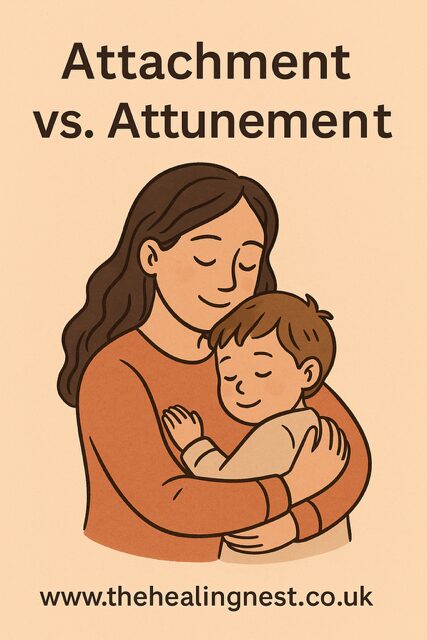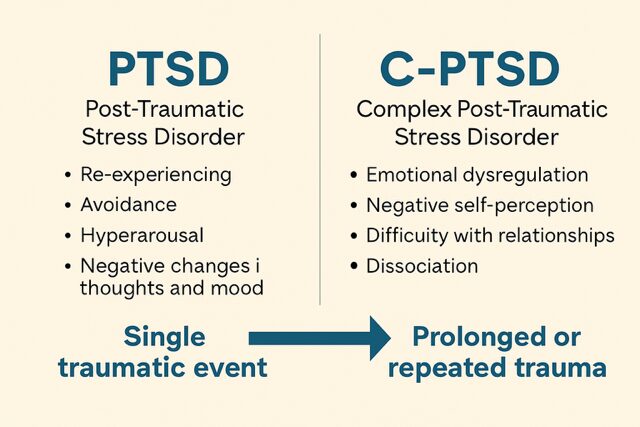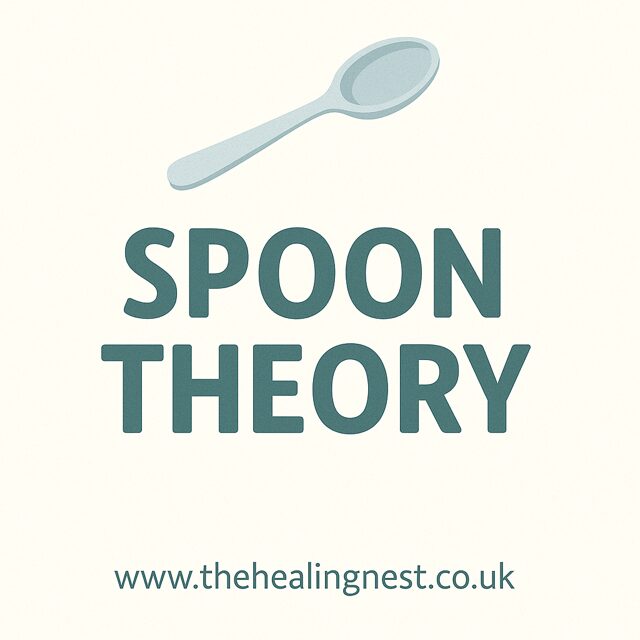When dealing with narcissists—whether in personal relationships, at work, or even within your family, traditional communication often backfires. You may find yourself drained, confused, or emotionally manipulated. That’s where the Grey Rock Method comes in: a simple yet powerful technique for managing interactions with narcissistic individuals while protecting your mental health. In this post, we’ll …
Continue reading “How to Use the Grey Rock Method with Narcissists: A Practical Guide”










